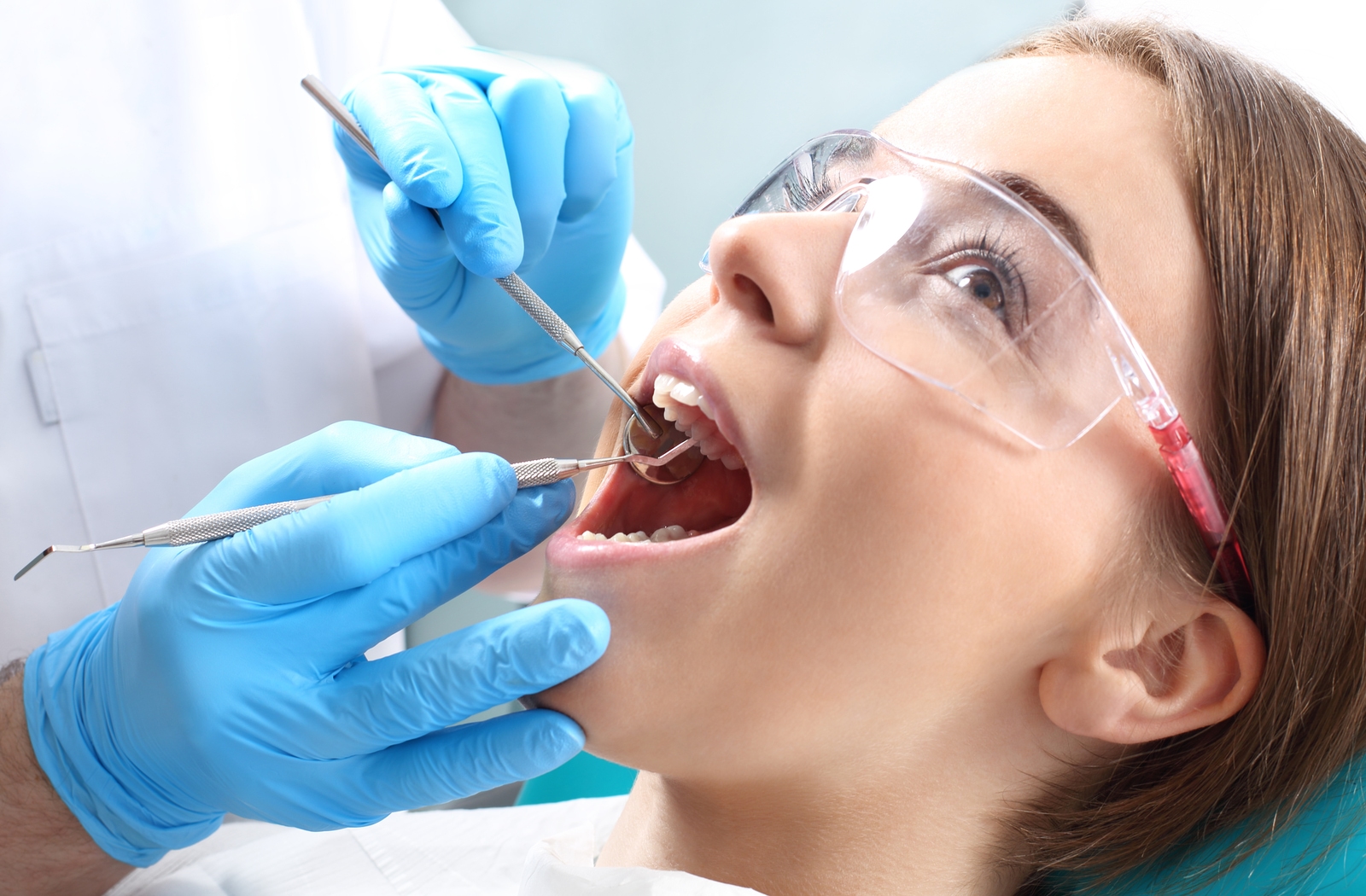A Throbbing Ache: Understanding Tooth Pain When You Apply Pressure
Toothaches can range from a mild nuisance to a throbbing nightmare, significantly impacting your daily life. Experiencing pain when you apply pressure to a specific tooth is a common symptom, and pinpointing the cause is crucial for seeking proper treatment and achieving relief.
Potential Culprits Behind Tooth Pain with Pressure
Several dental issues can cause a tooth to hurt when you bite down or apply pressure. Here’s a breakdown of some common culprits:
-
Tooth Sensitivity: Dentin hypersensitivity arises when the dentin, the layer beneath the tooth enamel, becomes exposed. This exposure can be caused by worn-down enamel due to brushing too hard, gum recession, or certain acidic foods and drinks. Exposed dentin contains tiny tubules that transmit pain signals to the nerve center of the tooth, leading to sharp pain when biting down or applying pressure.
-
Cavity: A cavity, also known as dental caries, is a hole in the tooth enamel caused by tooth decay. As decay progresses, it reaches the dentin layer, which is more sensitive than enamel. This can cause sharp pain when biting down or applying pressure, especially with hot, cold, or sweet foods and drinks.
-
Cracked Tooth: A crack in the tooth can cause pain when biting or applying pressure, depending on the location and severity of the crack. The pain might be sharp, throbbing, or dull and can worsen with certain types of pressure.
-
Loose Tooth: A loose tooth, often caused by gum disease or trauma, can be tender and painful when you apply pressure. You might also experience gum inflammation and bleeding around the loose tooth.
-
Abscess: A dental abscess is a pus-filled infection at the root of the tooth. This infection can cause severe pain, swelling, and sensitivity to pressure. You might also experience facial swelling, fever, and a bad taste in your mouth.
-
Periapical Periodontitis: This inflammatory condition affects the tissues surrounding the tooth root. It can be caused by a bacterial infection spreading from an untreated cavity or a deep gum infection. Periapical periodontitis can cause pain when biting down or applying pressure, along with swelling and potential tooth mobility.
Factors Influencing Tooth Pain with Pressure
Certain factors can influence the type and intensity of pain you experience when applying pressure to a tooth:
- Severity of the Underlying Condition: The extent of tooth decay, the size of a crack, or the stage of an infection can all influence pain intensity.
- Location of the Pain: Pain originating from the biting surface might be more noticeable with pressure compared to pain deeper in the tooth.
- Temperature Sensitivity: Pain sensitivity to hot, cold, or sweets alongside pressure sensitivity can offer clues about the cause.
When to See a Dentist
While some mild tooth sensitivity might resolve on its own, it’s crucial to seek professional attention in certain situations:
- The pain is severe and persistent.
- You experience swelling in your face or gums.
- You have a fever along with the toothache.
- The pain makes it difficult to chew or bite down.
- You notice a visible crack or chip in your tooth.
Early diagnosis and treatment are essential to prevent complications and ensure a more comfortable recovery.
Diagnosis of Tooth Pain with Pressure
A dentist will typically conduct a thorough examination of your teeth, including X-rays or other imaging tests, to determine the cause of the pain.
Treatment Options for Tooth Pain with Pressure
The treatment plan for your tooth pain will depend on the underlying cause. Here are some common approaches:
- For Sensitivity: Desensitizing toothpaste, fluoride treatments, or addressing the underlying cause of enamel erosion might be recommended.
- For Cavities: A filling is usually necessary to remove decay and restore the tooth structure.
- For Cracked Teeth: Depending on the severity of the crack, options like dental bonding, crowns, or extraction might be considered.
- For Loose Teeth: Treatment depends on the cause of the looseness. In some cases, splinting or periodontal treatment might be possible to stabilize the tooth.
- For Abscesses or Periapical Periodontitis: Root canal treatment to remove the infection and preserve the tooth is often necessary. In severe cases, extraction might be the only option.
Preventing Tooth Pain with Pressure
Here are some steps you can take to prevent tooth pain and maintain good oral health:
- Brushing and Flossing Regularly: Brushing your teeth twice a day for two minutes and flossing daily removes plaque and bacteria that contribute to decay and gum disease.
- Using Fluoride Toothpaste: Fluoride strengthens tooth enamel and helps prevent cavities.

